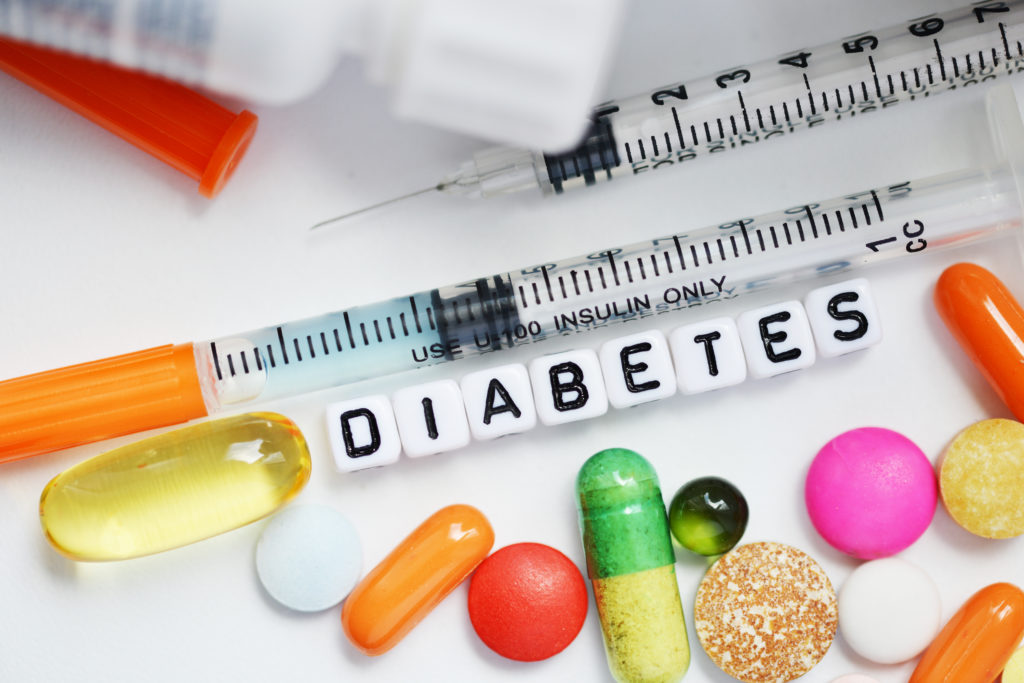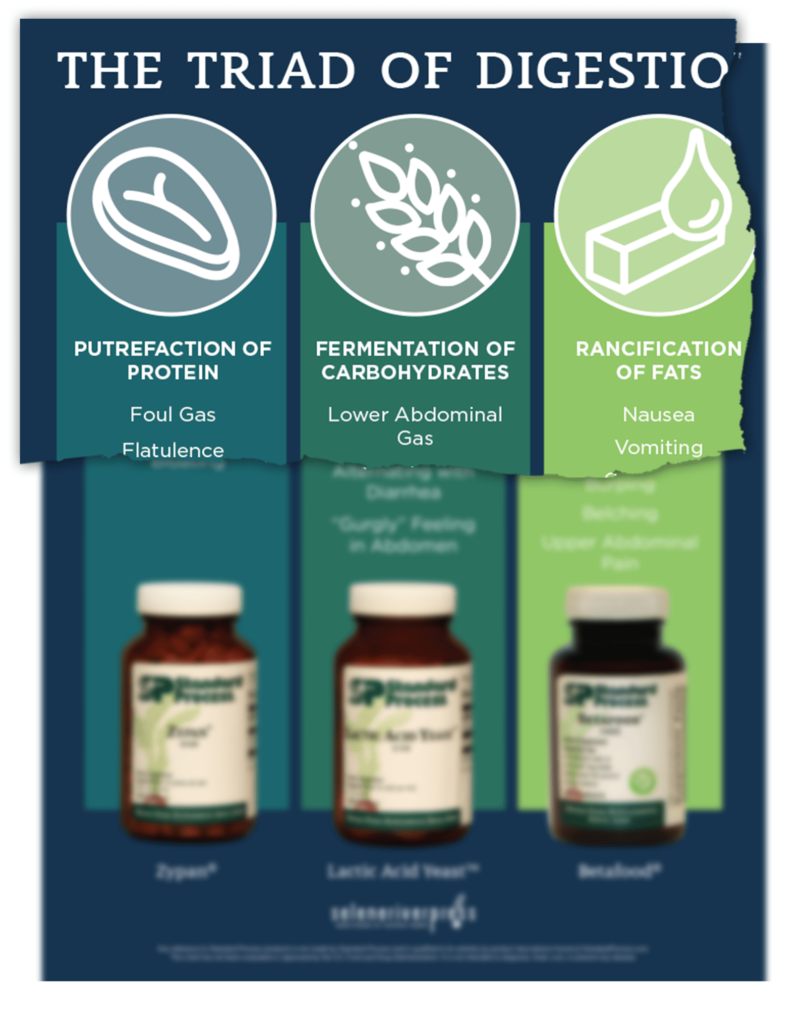After learning that a close friend of mine had been diagnosed with pancreatic cancer, several questions popped into my brain. Some philosophical, others physiological. I mean, of course I’d heard about the pancreas, but the specifics from high school biology class had long been tucked away. It was time for a crash refresher course on the purpose of the pancreas.
This simple explanation of the pancreas from Columbia Surgery took me straight back to the D wing of Dodgeville High School. I learned that our pancreas has two main purposes:
Helps digestion: The pancreas consists of 95 percent exocrine tissue, which produces pancreatic enzymes for digestion. It is also the only dual-purpose endocrine gland in that it produces both hormones and nonhormonal substances.
Regulates blood sugar: The other 5 percent of the pancreas consists of endocrine cells called “islets of Langerhans.” In addition to managing pancreatic secretions, these cells also produce insulin and glucagon, hormones that regulate blood sugar.
The Role of Good Digestion
In order for your body to take advantage of the nutrients you provide it, proper digestion is essential. That’s why the pancreatic enzymes involved in this process are kind of a big deal, and more than one enzyme is necessary for efficient digestion. In the digestion and elimination chapter of Health Is Simple, Disease Is Complicated, author James Forleo explains that six different enzymes (two of which are trypsin and chymotrypsin) are needed just to help with the digestion of protein. On the other hand, carbohydrates and fats each require just one enzyme, but not the same one—amylase helps with the digestion of carbs, and lipase helps with fats.
All of these different pancreatic enzymes, along with bile from the liver and gallbladder, play a big role in breaking foods down into nutrients the body needs to thrive and stay healthy.
If you suspect your digestion could use a little help, work with your healthcare provider to see if nutritional support is needed. These Triad of Digestion tear sheets (born out of one of Mark Anderson’s Back to School for Doctors seminars) suggest a few Standard Process products that could be beneficial:
- Lactic Acid Yeast wafers for carbohydrate metabolism.
- Betafood to break down fats.
- Zypan to aid digestion of protein and macronutrients.
Maintaining ideal blood sugar levels is also crucial for a healthy body. Insulin and glucagon, two hormones produced and distributed by the islets of Langerhans, are major players in this arena. Your pancreas releases one of these two hormones directly into your bloodstream as needed—insulin to lower blood sugar and glucagon to increase it. It just knows.
Diabetes
Dr. Royal Lee predicted in the 1940s that diabetes would be the number one debilitating disease in our country by the end of the twentieth century. And he was right. He issued profuse warnings about the dangerous effects of white flour and white sugar on the pancreas, specifically the islets of Langerhans. But he also wrote about an issue that you probably haven’t heard anyone else mention: chlorine. (Dr. Lee wrote of this topic and so many others in Lectures of Dr. Royal Lee, Volume I and Volume II.)
Chlorine converts vitamin E in the gut into alloxan, a chemical that destroys one cell in the entire human body: the islets of Langerhans. Remember, the pancreatic islets produce insulin. Without insulin production, your blood sugar regulation is toast. In fact, diabetes researchers use alloxan to deliberately destroy the pancreatic islets in test animals to quickly bring about a diabetic condition for study.
Consuming refined carbs places a constant demand on the islets to keep blood sugar from going too high. If your diet consists of too many refined foods, the islets are forced to work nonstop until they weaken and burn out = diabetes. Any islets that aren’t yet burned produce a constant state of hypoglycemia.
Dr. Lee created Cataplex GTF, a chromium supplement grown on a special yeast culture, to provide support to damaged pancreatic islet cells. Make it your mission to maintain well-regulated blood sugar levels for pancreatic health and much more. Maria Atwood provides some very practical suggestions on this topic in her post “Blood Sugar Control: An Herbal & Food Perspective.” Among other educational gems, she explains the two best substances for stabilizing blood sugar levels are bitters and chromium.
What Else Can Go Wrong?
Just like with any other organ in your body, problems will start to crop up if your pancreas isn’t functioning properly. What other factors should you consider? According to Columbia Surgery, alcohol consumption, gallstones, infections, and certain medications can all compromise the functionality of your pancreas. It’s also the case that if your pancreatic enzymes start to build up rather than released to do their job, inflammation can set in, and you may end up with pancreatitis. This is typically seen in adults, with men twice as likely to be diagnosed with pancreatitis than women.
In researching a different post, I came across an interesting article in the SRP Historical Archives titled “Medical School Team Ties Pancreatic Cancer to Glucose Level.” In it, the author reports on a study from Northwestern University Medical School that examined the association between diabetes, abnormal blood sugar levels, obesity, etc. and pancreatic cancer.
Once I refreshed my memory on the purpose of the pancreas, the findings of this study were no surprise: your chances of developing pancreatic cancer rise as your blood glucose levels rise—even if elevated blood glucose is your only risk factor. (The other risk factors are smoking and age.)
Knowing that my friend has been struggling to get his blood sugar levels under control for several years now, this article really jumped out at me, and I shared what I learned with my hubby. Of course, I have no way of knowing that elevated blood sugar was the cause of my friend’s pancreatic cancer. As the title of James Forleo’s book suggests…disease is complicated.
It’s curious how a life experience or event can push us to gain a better understanding of a topic we haven’t thought about for more than twenty years—in my case, is the function of the pancreas. But one topic that’s never far from my mind is taking self-health education seriously—because embracing a self-healther mindset as the key to a healthful life.
Images from iStock/Natali_Mis (main), adrian825 (post).





